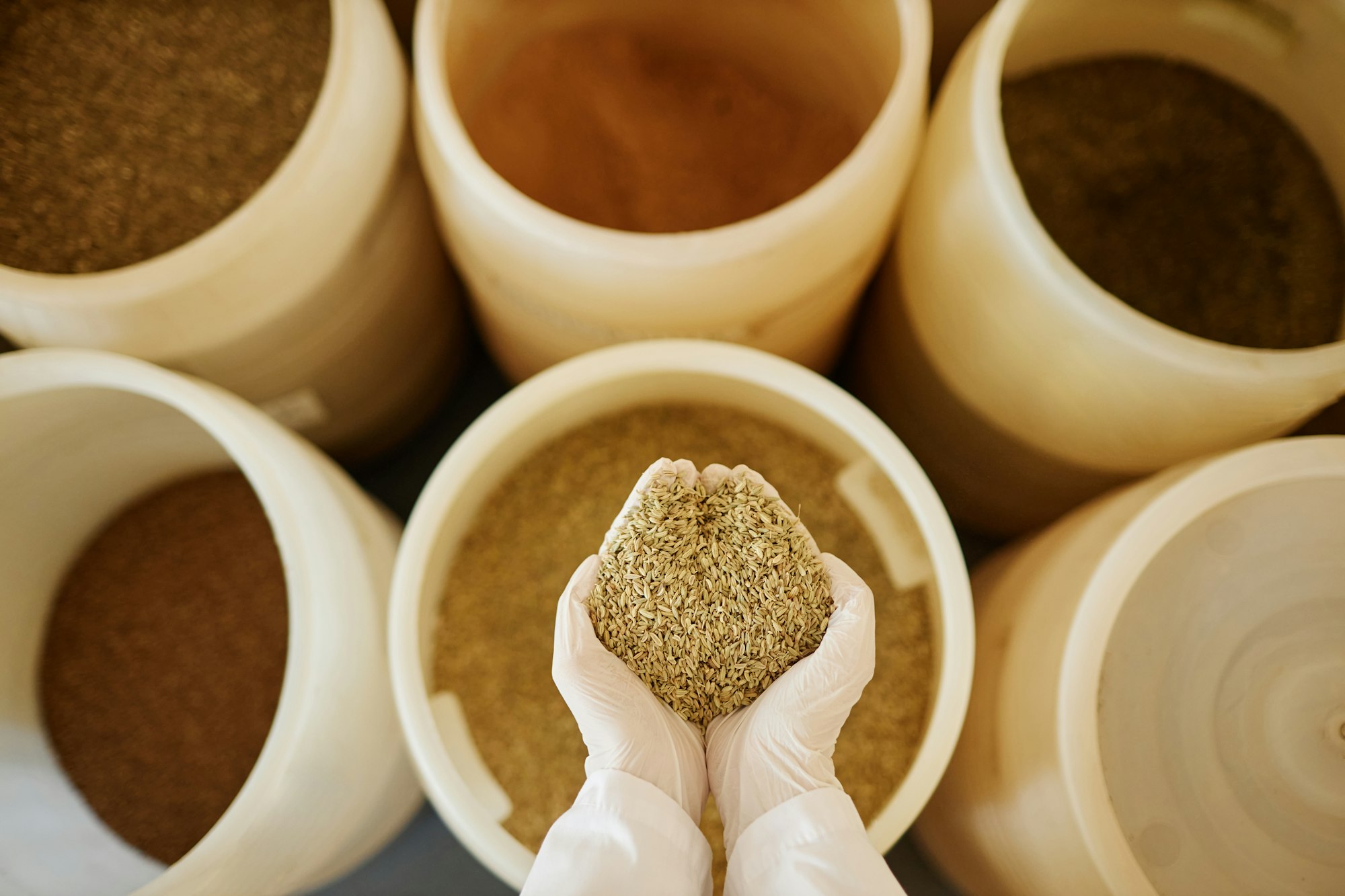Kraft Heinz, a big player in the food world, is using artificial intelligence (AI) to make their food production smarter—from the field where cucumbers grow all the way to our tables. Here’s a breakdown of how they’re using AI to make processes better, reduce waste, and keep up with what we all want to eat.

AI and Cucumbers: Sorting Things Out
Imagine thousands of cucumbers moving on a conveyor belt, needing to be sorted for making pickles. Normally, people would have to check each one by hand, which takes a lot of time and effort. Now, Kraft Heinz uses AI systems equipped with cameras and smart algorithms to quickly check the cucumbers’ size, shape, and if there are any blemishes. This tech not only speeds things up but also makes sure that only the best cucumbers end up in the pickle jars.
Predictive Analytics: Less Waste, Better Planning
Food waste is a big problem, especially when products go bad before they get to the store. Kraft Heinz uses AI to look at past data, weather reports, and what people are buying to predict how many cucumbers they’ll need or when to plant them. This smart planning helps them have just enough fresh produce without too much leftover, making the whole process more sustainable.
Smarter Product Development: Giving People What They Want
AI also helps Kraft Heinz figure out what people might want to eat before they even ask for it. By scanning data from market trends and social media, AI can spot if more people are into organic foods or if they’re cutting back on salt. Kraft Heinz can then tweak their recipes or develop new products that fit these preferences, getting them from the kitchen to the grocery shelves faster.
Streamlining the Supply Chain
AI doesn’t just stop in the kitchen. It extends all the way to how products get transported, managing routes for trucks and predicting when stores will need more stock. This helps avoid delays and cuts down costs by making sure everything runs smoothly and on time. Plus, knowing how much product to produce means they don’t make too much, reducing excess that might end up wasted.
Quality Control: Keeping an Eye on Production
In factories, AI helps keep an eye on how everything is made. It checks things like temperature and humidity, catching any odd changes that might mess up the quality. This constant monitoring helps Kraft Heinz make sure that every product is up to standard, avoiding potential recalls and keeping their reputation strong.
AI and Sustainability: Doing Better for the Planet
Lastly, AI helps Kraft Heinz be more eco-friendly. It manages how much water and energy they use and schedules maintenance for machines before they break down. This not only saves energy but also makes sure the machines are working as efficiently as possible.
By bringing AI into the mix, Kraft Heinz is making food production smarter, more efficient, and even a bit kinder to the planet. This use of technology shows how big companies can meet the needs of modern consumers while also looking after the environment.

Frequently Asked Questions (FAQ)
1. How does Kraft Heinz use AI in cucumber sorting?
Kraft Heinz uses AI systems equipped with computer vision to sort cucumbers. These AI tools can quickly inspect the cucumbers’ size, shape, and quality. This process, which used to be done manually, is now automated, making it faster and more accurate. The AI ensures that only the best cucumbers are selected for products like pickles.
2. How does AI help Kraft Heinz reduce food waste?
AI helps Kraft Heinz reduce food waste by using predictive analytics. It analyzes past data, weather patterns, and consumer demand to forecast crop yields and manage raw materials more efficiently. This way, they can better plan how much to harvest and produce, minimizing spoilage and ensuring they produce just the right amount for the market.
3. How does AI improve the quality of Kraft Heinz products?
AI is used to monitor the production process in real time, keeping an eye on factors like temperature and humidity that can affect product quality. By detecting issues early, the AI helps maintain consistent quality across all products, reducing the chance of recalls and ensuring that consumers receive high-quality food every time.
Sources Forbes


